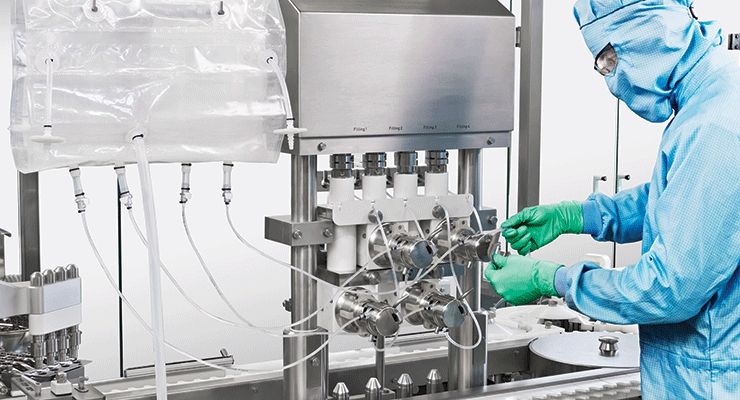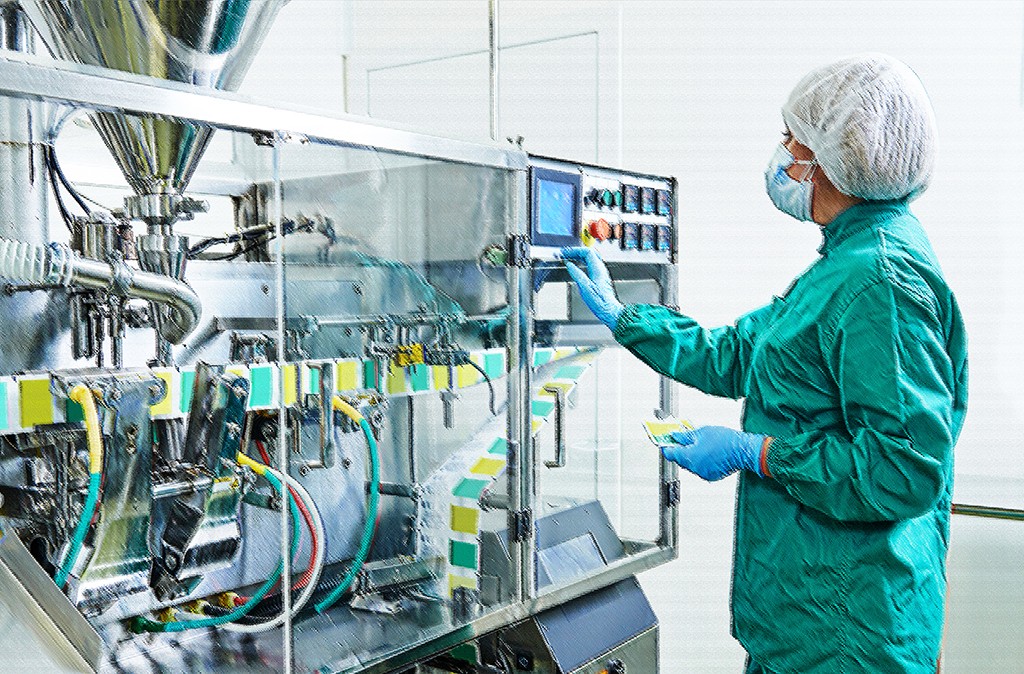For the safe and effective production of pharmaceuticals, the pharmaceutical industry depends on sophisticated machinery. Every step of the medication production process, from the preparation of raw materials to the final packaging, depends heavily on pharmaceutical processing equipment. Strict quality control, appropriate mixing, and accurate formulation are guaranteed by these devices. It would be difficult to produce reliable and efficient drugs without them. Pharmaceutical businesses rely on cutting-edge machinery to adhere to safety requirements and uphold superior quality.
Here are five ways pharmaceutical processing equipment is essential for medicine production.
Mixing and blending for consistent formulation
Equipment for mixing and blending guarantees the uniform distribution of excipients and active substances. Maintaining the proper dose and efficacy of drugs requires careful mixing. Granulators, fluidized bed processors, and high-speed mixers all aid in producing consistent medication formulations. Without these devices, pharmaceuticals could not always be consistent, resulting in dangerous or ineffective goods.
Granulation for better drug stability
A crucial stage in the manufacturing of pharmaceuticals is granulation. It enhances the powdered materials’ flow characteristics, which facilitates their compression into tablets or filling into capsules. Both dry and wet granulation methods aid in the production of stable and long-lasting drugs. This stage’s usage of pharmaceutical processing equipment improves medication stability and guarantees homogeneity.

Tablet compression and capsule filling for precise dosing
The components must be formulated into tablets or capsules after they have been thoroughly mixed and ground. Powders are compressed into solid tablets with precise weight and dimensions by tablet compression devices. Drug formulations are precisely measured and filled into capsules using capsule-filling machines. These devices guarantee that each dosage is accurate and complies with stringent industry requirements.
Coating and encapsulation for protection and release control
To increase their efficacy, some medications need to be coated or encapsulated. Tablets are given protective coatings by coating machines, which facilitate swallowing and delay the stomach’s natural breakdown. Specialized medication delivery methods, such as extended-release capsules, are produced via encapsulation equipment. Both the patient experience and the effectiveness of medications are enhanced by these technologies.
Sterilization and quality control for safety
Sterilizers, filters, and inspection devices are examples of pharmaceutical processing equipment that ensure product safety. Sterilization guarantees that medications are devoid of dangerous microorganisms or impurities. To find flaws in tablets, capsules, and liquid medications, quality control systems employ sophisticated sensors and imaging technologies. These devices assist pharmaceutical firms in meeting stringent safety standards.
Final words
Equipment for pharmaceutical processing is necessary to provide safe, effective, and high-quality medications. These devices guarantee accuracy and consistency in everything from granulation and mixing to sterilizing and quality assurance. Pharmaceutical equipment is getting better as technology develops, increasing the dependability and efficiency of medication manufacture.

